Debt can easily overwhelm you. If you feel as if this is crippling your life, you need to take active steps to reduce this debt load. Here are five ways that you can manage your debt problems and take charge of your financial future.
Understand Where You Stand
It is impossible to get a handle on your finances if you do not know where you stand. In order to pay off your debt, you have to start with knowing the exact amount you owe, including the principal amount and the interest. While it may not be a pretty picture, you need to stay informed so that you can take control. After you have created an accurate list of all of your debts, you can determine your plan of attack. For some families, that may be starting with the smallest debt and then working up.
Stay on Top of Credit Scores
Once you have a handle on your debts and what you need to do to pay them off, you need to understand how your credit may be affecting your financial future. You should stay on top of your credit score and take active steps to clean up any discrepancies. Check your credit score on a monthly basis to check for mistakes and to monitor your progress.
Look Into Refinancing
You could be just a few steps away from lowering your overall debt payments each month. Refinancing your debts helps you take advantage of today’s historically low-interest rates. In addition to refinancing your home, you can also look into refinancing a vehicle. A service such as Lantern by SoFi will connect you with potential lenders so that you can look into auto refinancing with poor credit. According to Lantern by SoFi, “Refinancing may be a way to lower your monthly auto loan payments, which could help you save money.”
Consolidate Debts
To pay off debt more quickly, you should consolidate the amount that you owe into one payment. Taking your high-interest credit card debts and consolidating them into a lower-interest personal loan is a powerful way to lower the amount that you pay both in the short-term and the long term. In addition to personal loans, you may find that you can roll over all debts into a 0% interest balance-transfer credit card.
Build an Emergency Fund
Start building an emergency fund so that you do not get into debt trouble again down the road. It is understandable if it is challenging to save money when you are also working to pay off outstanding debts. However, even an amount of $1,000 can help you to avoid potential missteps. Once you have paid off more debt, you can focus on establishing an emergency fund.
With the above-mentioned tips, you will be on the path to financial freedom.







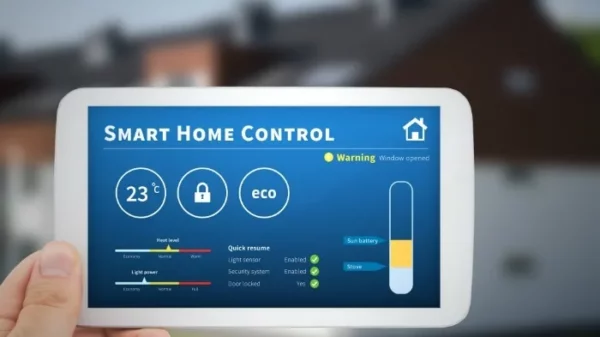





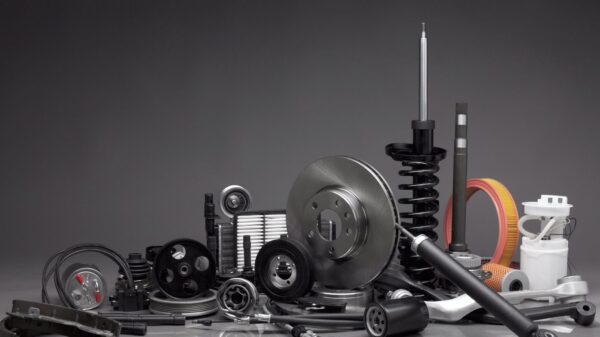





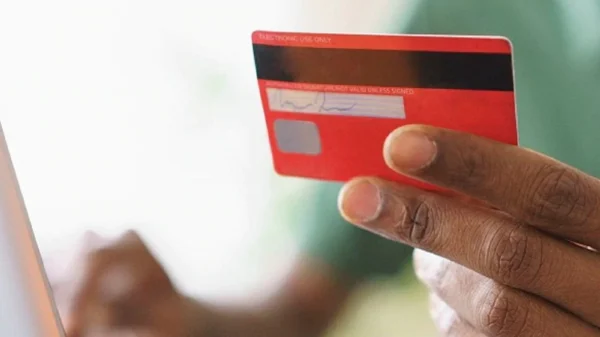
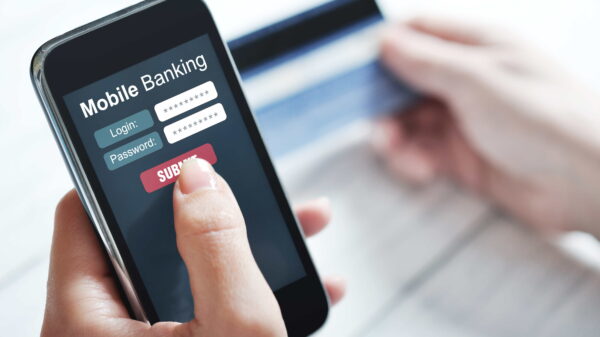

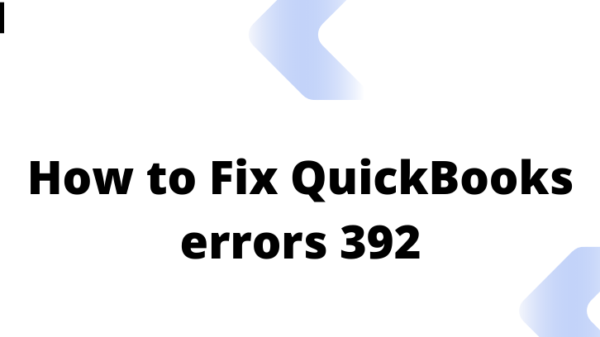





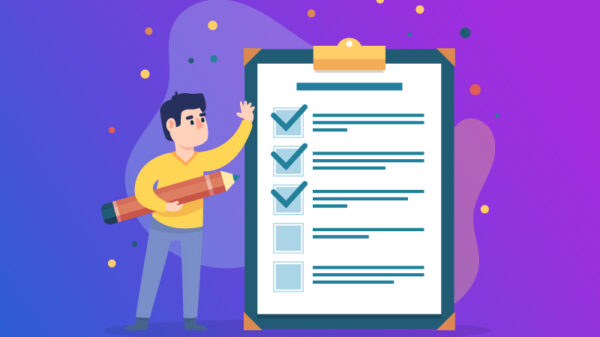






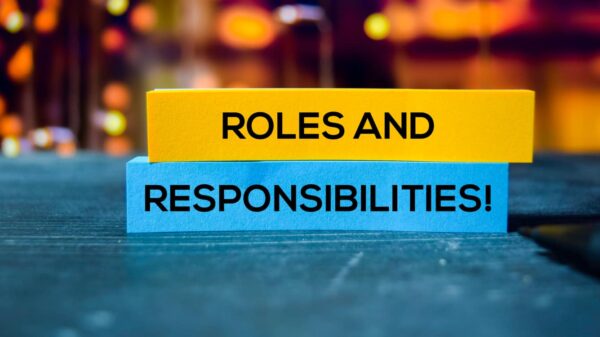

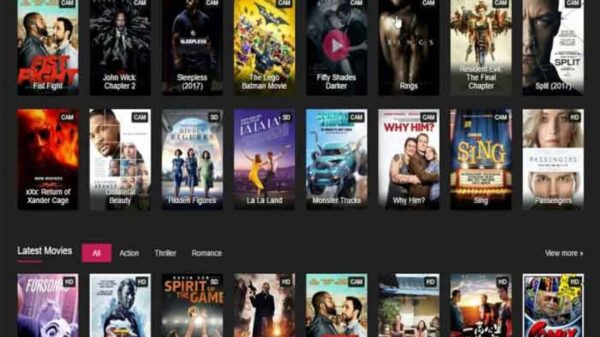



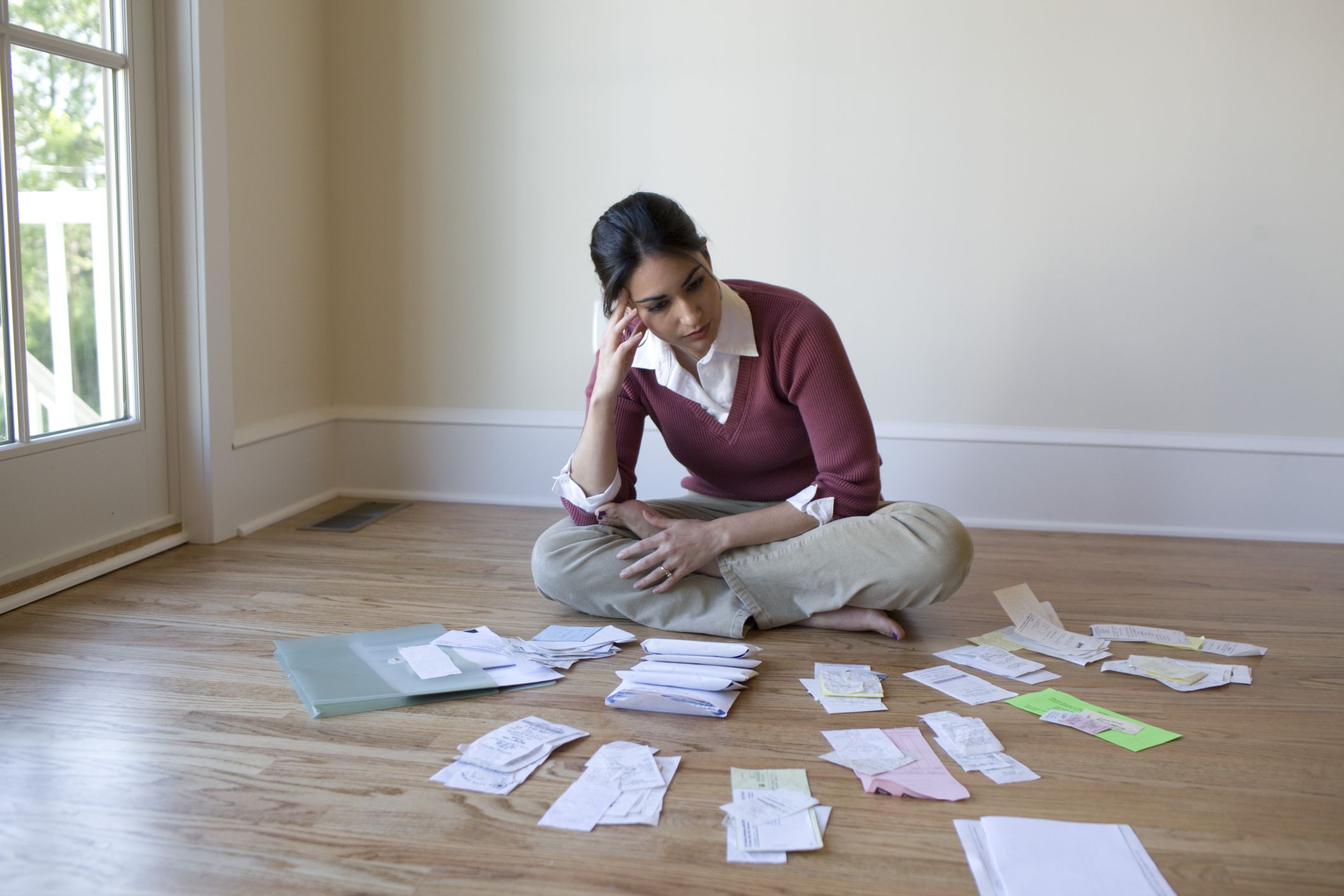












You must be logged in to post a comment Login